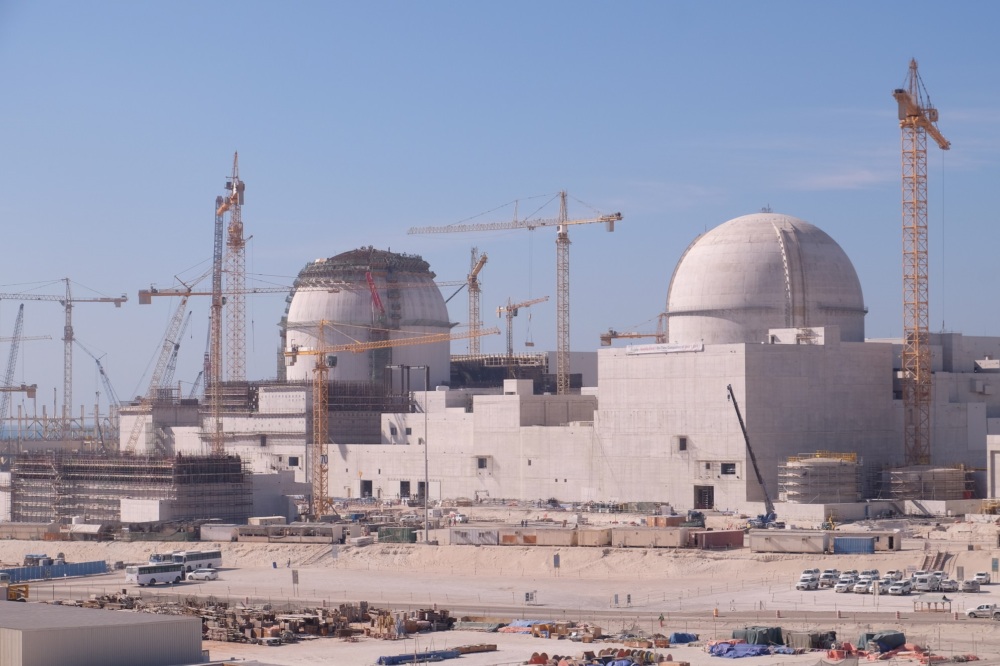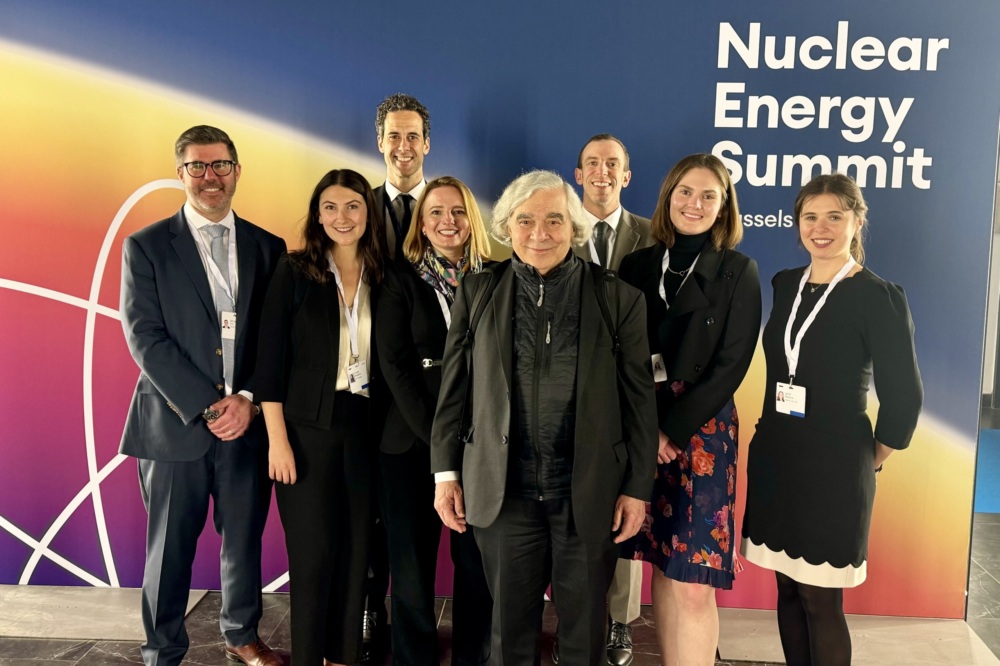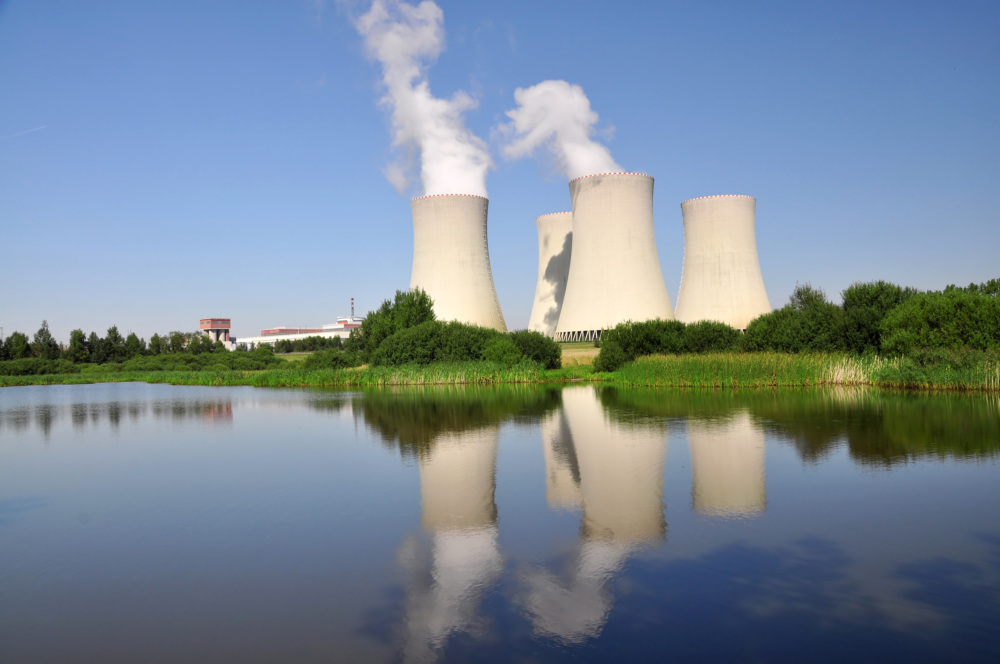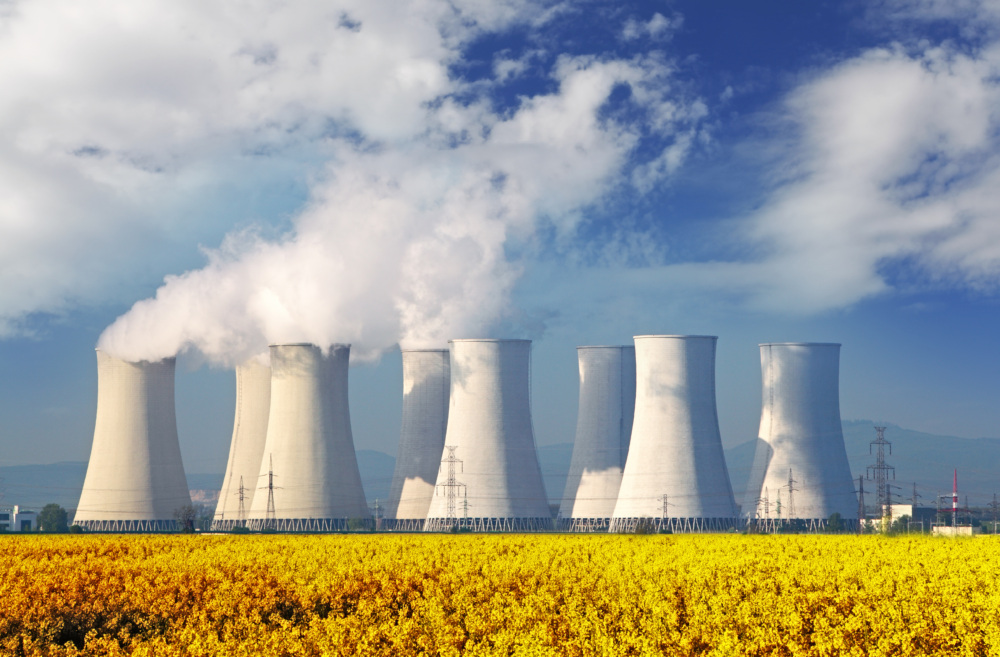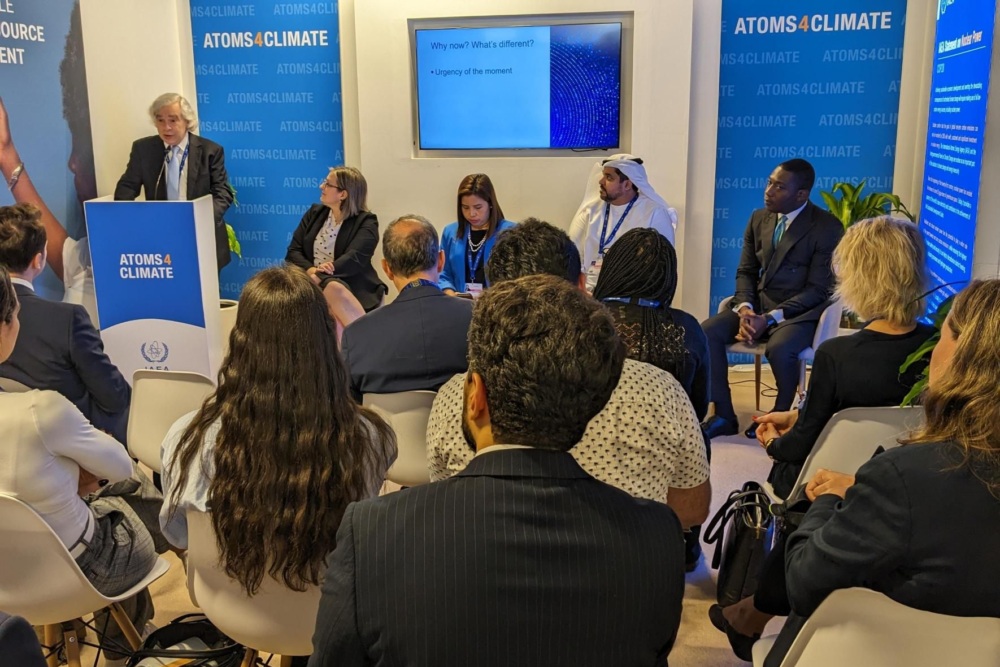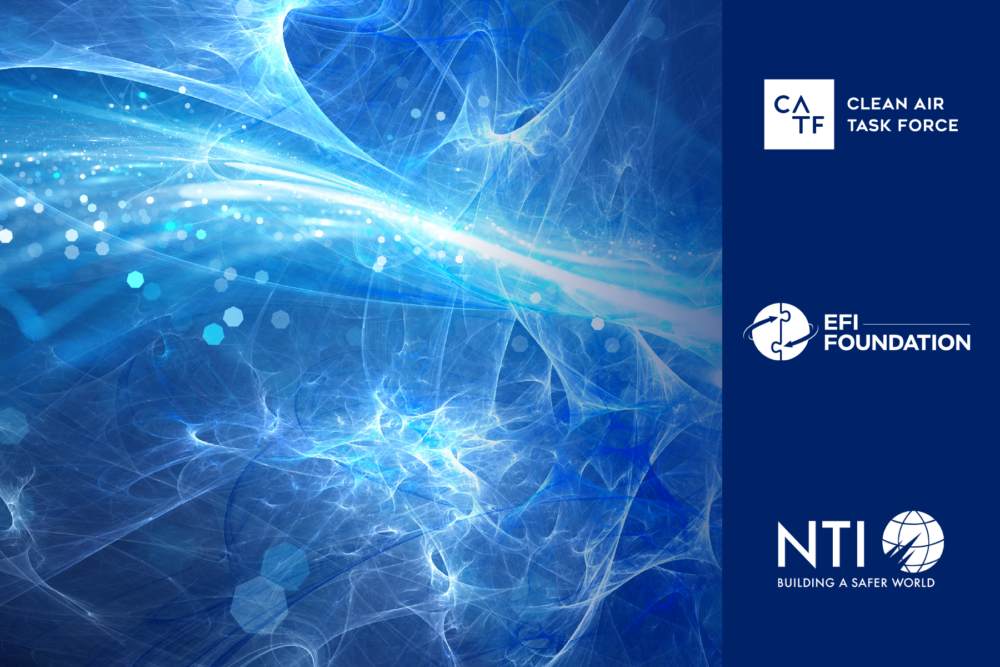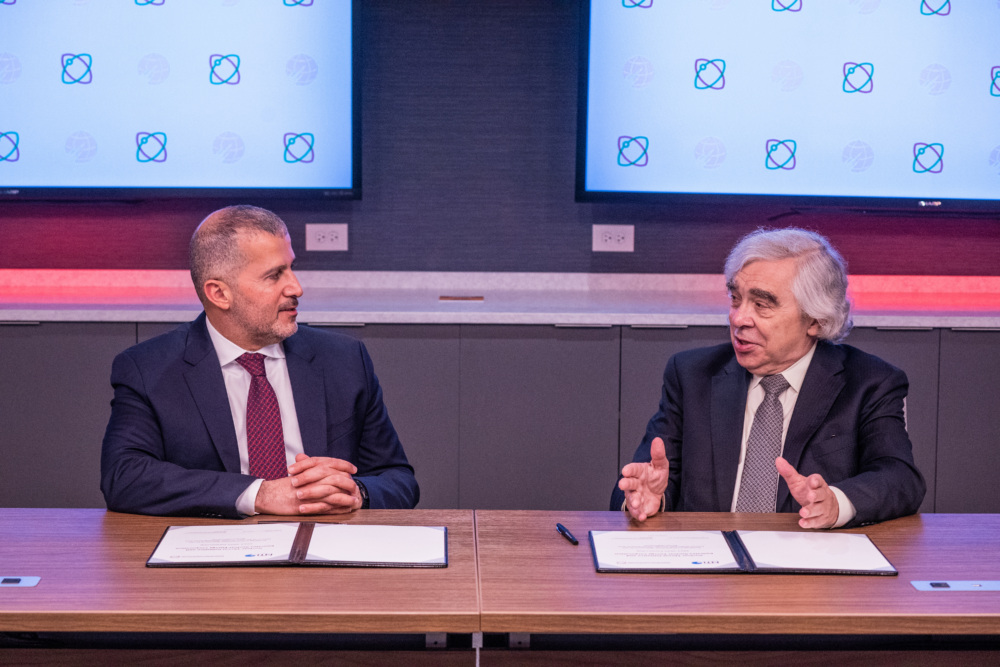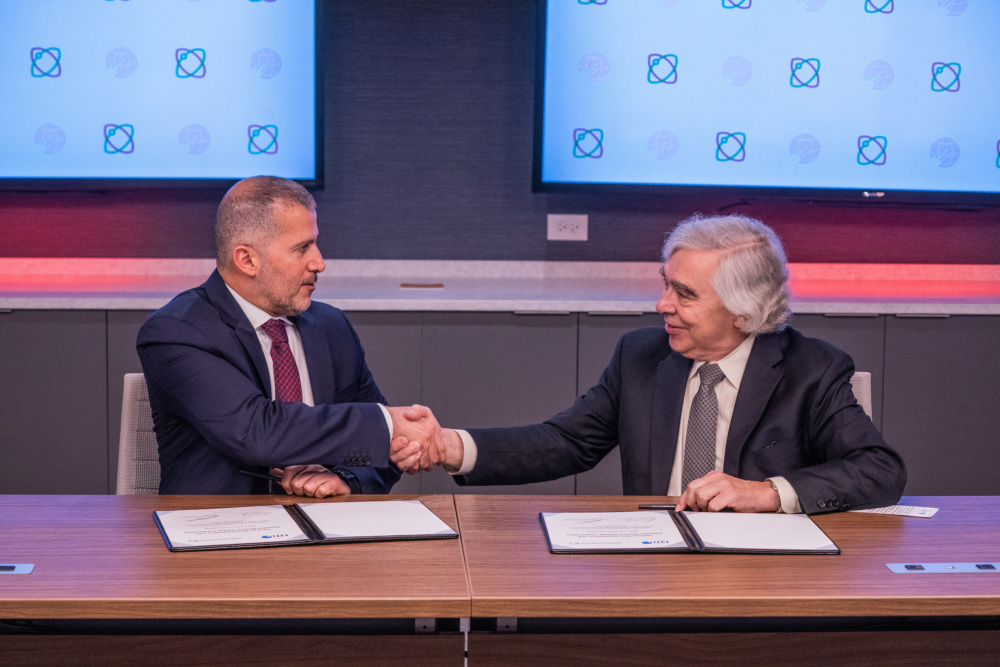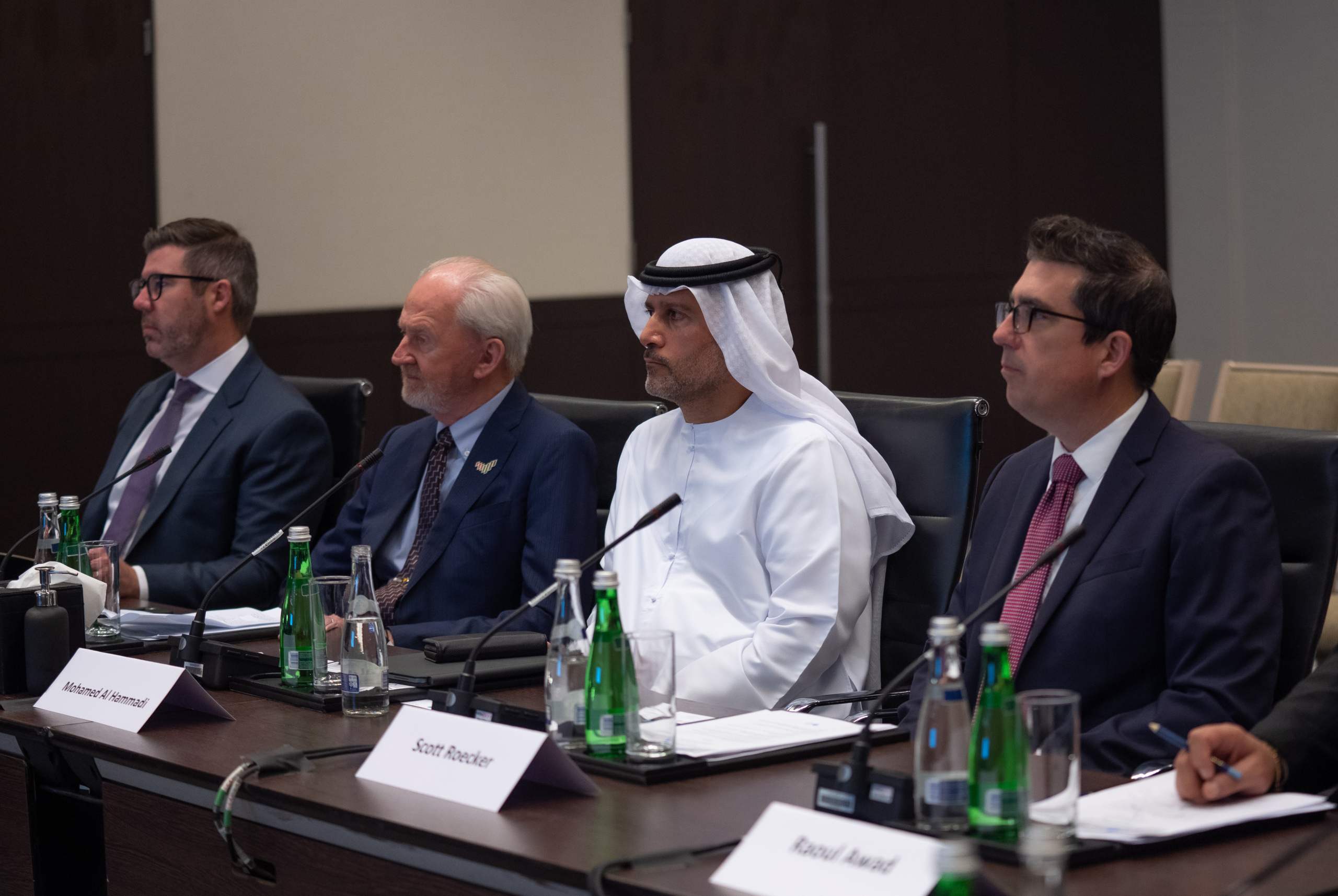
Scott A. Roecker
Vice President, Nuclear Materials Security
Nuclear energy provides societal benefits but also security and nonproliferation challenges.
Create international partnerships that incentivize decisions not to develop domestic enrichment and reprocessing facilities.
Comprehensive and pragmatic international nuclear fuel cycle approaches that reinforce key nonproliferation and nuclear security principles.
Because of their inherent dual-use nature, beneficial nuclear power programs and other peaceful uses of nuclear energy create significant security and nonproliferation challenges for the international community, if not addressed. The buildup of fissile material inventories, the spread of uranium enrichment and spent nuclear fuel reprocessing capabilities, and limited permanent solutions for accumulating spent fuel all contribute to uncertainty and proliferation risks. Although practical solutions exist for all of these issues, at present there is little political appetite to address these challenges.
By focusing on regional partnerships—initially in the Middle East and East Asia but broadly applicable in other regions (e.g. South America, Africa, Asia Pacific)—NTI is committed to identifying, incentivizing, and implementing an international nuclear fuel cycle approach that supports a reliable and economically sustainable commercial fuel market, while reinforcing key nonproliferation and nuclear security principles.
NTI advanced key principles from a recent report that outlines pathways for the responsible, sustainable, and effective development of new nuclear projects and industries in embarking countries.
At this critical juncture for action on climate change and energy security, 20 NGOs from around the globe jointly call for the efficient and responsible expansion of nuclear energy and advance six key principles for doing so.
To make good on their COP28 pledge, countries need a new approach to building, regulating, and financing nuclear technology.
"This will help create a global nuclear ecosystem that can deliver historically large annual nuclear deployments for an extended period and meet strong nonproliferation and nuclear security standards,” said NTI Co-Chair and CEO Ernest J. Moniz
The Playbook emphasizes the need for a holistic approach to scaling nuclear energy, considering the unique challenges and opportunities specific to each country, and highlights the role that new international institutions could play in supporting a global nuclear expansion.
Past Event
IAEA Pavilion, Blue Zone, COP28 UAE
|
11AM - 12PM GST
Co-Chair and CEO of NTI and CEO and President of the EFI Foundation Ernest J. Moniz, Executive Director of CATF Armond Cohen, and experts from NTI, EFI Foundation, and CATF briefed Managing Director and CEO of ENEC His Excellency Mohamed Al Hammadi and ENEC staff on their work promoting the responsible, sustainable, and effective expansion of nuclear energy.
NTI and ENEC signed a three-year agreement for a new collaborative nuclear security project, “Building a Cooperative Approach to the Future of Nuclear Energy Development and Nonproliferation.”
The Nuclear Threat Initiative (NTI) and the Emirates Nuclear Energy Corporation (ENEC) convened 30 experts from the United Arab Emirates and the United States on September 13, 2022 for a workshop on “The Nuclear Fuel Cycle in the Middle East: Prospects and Opportunities.”
